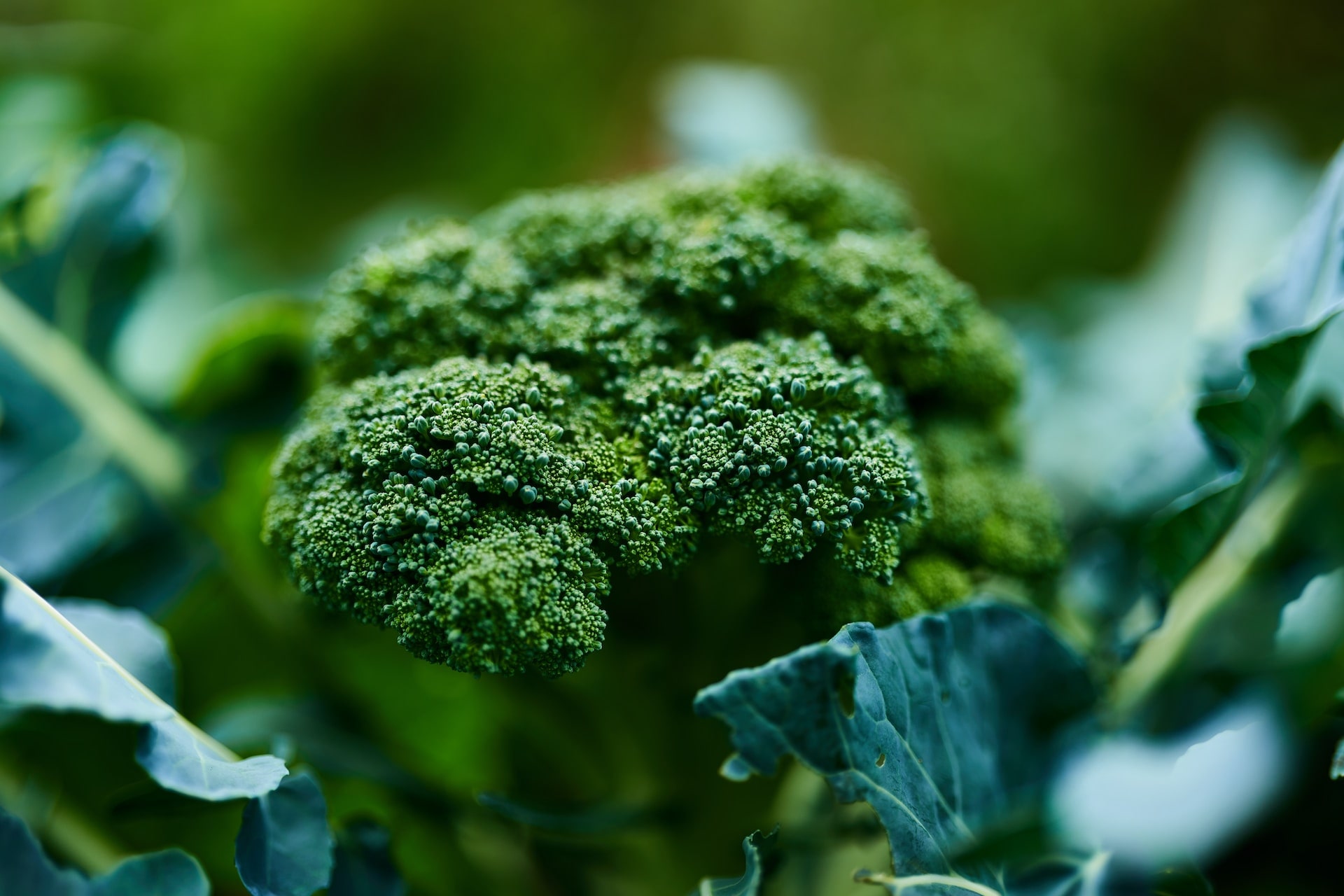Winter is the one season when you really need to make sure that your immune system is going to protect you from getting sick! This means that giving your health a boost with the help of natural products is the best thing to do. Making sure that you consume enough of the essential vitamins and minerals for your body will help you preserve yourself during the cold winter months! Today we are going to share with you what are the best vegetables for this time of the year and what are their benefits for your health!
Top 6 Winter Vegetables to Boost Your Health
Nowadays in modern society it is easy to find almost any vegetable or fruit even during winter. However, your body can sense the change and knows exactly which vegetables it needs to stay healthy!
1. Broccoli
Broccoli may not be everyone’s favorite vegetable, but it is a good thing it’s getting the recognition it deserves nowadays! The surrounding hype is absolutely deserving, as it has high nutritional value, consisting of antioxidants, fiber, cancer-fighting compounds, vitamins E, K, and C, iron and potassium! Not also it contains so many essential nutrients for your body, but it also has much higher dosage of protein than other vegetables. Some of Broccoli’s health benefits include:
Reducing levels of cholesterol due to substances inside the vegetable that bind with bile acids in your gut, which increases their excretion. This prevents the acids from being reused and as a result the total levels of cholesterol in your body are kept in balance.
Another health benefit of consuming broccoli according to studies is that this vegetable boosts eye health. This is due to its composition of two main carotenoids, lutein and zeaxanthin.
2. Carrots
Of course, Carrots are going to make the top of our list and there are many reasons why! Firstly, they are rich in beta-carotene, which is a substance that your body transforms into vitamin A. We all know this vitamin is essential for healthy eyes and beta-carotene in carrots can give you the protection your eyes need from the sun and eye diseases. Secondly, carrots are packed with antioxidants, which have a profound impact on your heart’s health and many bodily functions. Thirdly, carrots contain potassium, which helps to balance your blood pressure. Finally, because they are rich in vitamin C, carrots boost your immune system, by assisting the production of antibodies that defend you from diseases.
3. Vegetables to boost your health during winter — Leeks
This vegetable is extremely popular in the Balkans and has been used by their people for a long time because it is thought to help fight the common flu. Not only that, but Leeks are rich in flavonoids, which are very powerful antioxidants. Due to this, the vegetable is thought to have anti-inflammatory, anti-diabetic, and anticancer properties. It also contains vitamin K, C, B6, Iron and Manganese. Furthermore, just like the carrots, Leeks are rich in lutein and zeaxanthin, the two substances which help protect your eyes.
4. Radishes
Maybe they are not to everyone’s liking, but are one of the best vegetables you can consume during winter! These vegetables are rich in antioxidants, as well as vitamin C, both of which protect your cells from damage and deterioration. Radishes contain compounds, (indole-3-carbinol and 4-methylthio-3-butenyl-isothiocyanate), which help to detox the liver and protect it against damage. They also assist the kidneys in flushing out toxins. These vegetables also contain vitamin B6, Riboflavin, Calcium, Iron and other essential nutrients that nurture your health!
5. Winter-Squash
Unlike summer squash, winter squash contains far more essential nutrients for your body. The vitamins and minerals found in every type varies, however they are all rich in beta-carotene, vitamin C, B6, fiber, Magnesium, and Potassium. You can already guess that due to this, it’s a great idea to consume winter squashes during the cold season. Like we already, mentioned, vitamin C helps boost your immune system, and it assists the absorption of iron. Vitamin B6 improves the body’s absorption of vitamin B12, and helps convert food into energy. Winter squash is also rich in antioxidants and anti-inflammatory compounds, which further stimulate your health!
6. Vegetables to boost your health during winter — Kale
The good thing about this vegetable is that you can eat it raw (in salads during summer) or cooked. People have been consuming Kale since the time of ancient Rome and nowadays, it is considered to be one of the “superfoods” due to its high nutritional value. This vegetable contains vitamin A, C, Folate (which is a B vitamin that’s essential for brain development), Alpha-linolenic acid, an omega-3 fatty acid, Zinc, Potassium, and Calcium. Fortunately, it is very easy to add kale to your diet in every season and give your body a nutrient-dense meal to get amazing health benefits
Disclaimer:
As a service to our readers, MVS Pharma GmbH publishing provides access to our library of archived content — in our blog. Please note the date of last review or update on all articles. No content on this site, should ever be used as a substitute for direct medical advice from your doctor or other qualified clinician.



